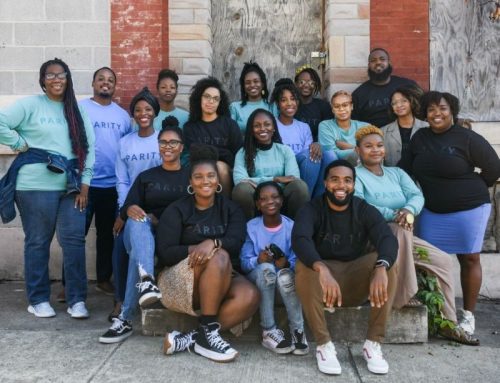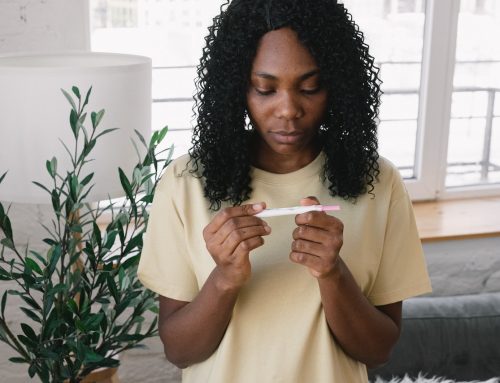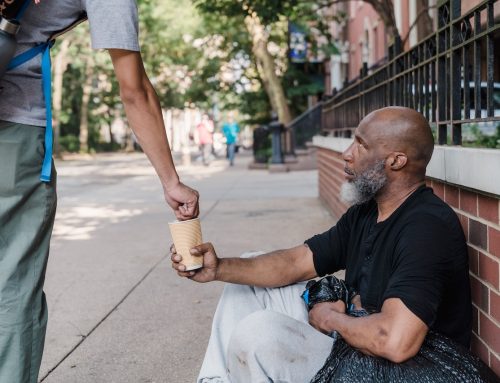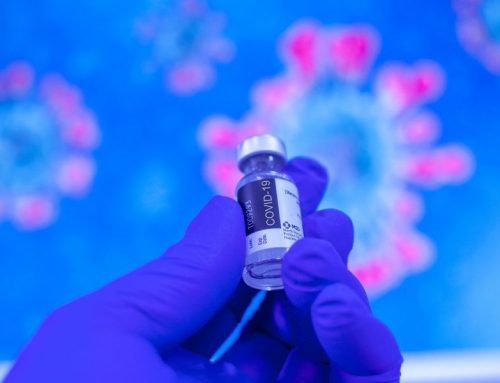Meetings. Emails. Problem-solving. The majority of Dr. Kim Sydnor’s workday consists of working closely with those interacting with her as the Dean of the School of Community Health and Policy. There are four programs in the school – Nursing, Nutritional Science, Public Health and Health Education. The Center of Urban Health and Equity is brand new so Sydnor has been hyper-focused on building the infrastructure for the center to succeed.
Since COVID, meetings with external colleagues take place on Zoom while all members of the center meet in person. Although Zoom saves time moving to a location, it can be exhausting having virtual meetings back to back. In person meetings allow for a more social experience. Sydnor also notes that it’s easier to read people’s body language when meeting in person.
As a public health disciple, “The inspiration comes from my family history of service,” she said. Growing up, Sydnor’s father, grandfather and uncle were preachers. “Our family orientation was church. My father was also a civil rights advocate. His core foundation was community service and community commitment.” Based on her community-based upbringing, Sydnor felt it was in her DNA to do this work.
When asked how community affects childhood development, Sydnor says, “It is huge… .”The contexts of what affect us most change over time” When we are babies, our caregivers impact us the most. As we begin to grow and become social, our networks grow. Our community matters, whether it’s our peer network or the kids we hang out with within our neighborhood.”
No one controls their environment completely, she said. Fewer resources make it even more difficult to control. This is one of the main reasons that community matters. We all need a network of people who support us, Sydnor explains.. “Find people to connect with. Peers, elders, church, school, neighborhood. We are relational people, who need to be connected.” Our network can help you Zoom out and see the past and present. “The obligation goes the other way. We should also be looking for people who may not be able to make that connection. Look for people who are disconnected and help them make connections even in difficult circumstances.”
Sydnor is “grinning all over the place” with joy at the work that the Center of Urban Health and Equity has been embarking on. With the ability to connect research and community while having an impact, she said, the Center has the potential to make a difference for a lot of people.
Kim Sydnor is the Dean of the School of Community Health and Policy and Director of the Center of Urban Health and Equity. She earned her bachelor’s from Morgan in Psychology and her doctorate from Johns Hopkins University in Health Policy and Management.





